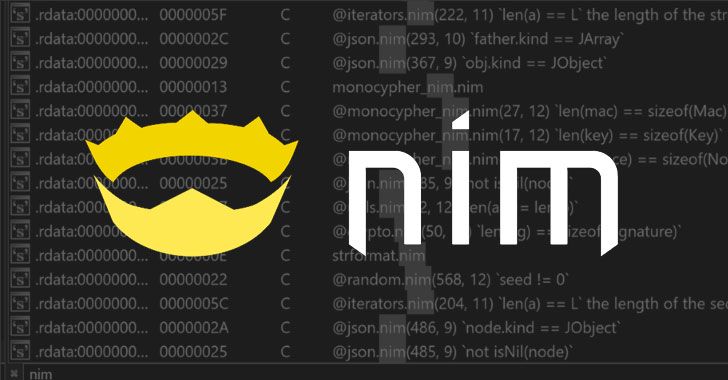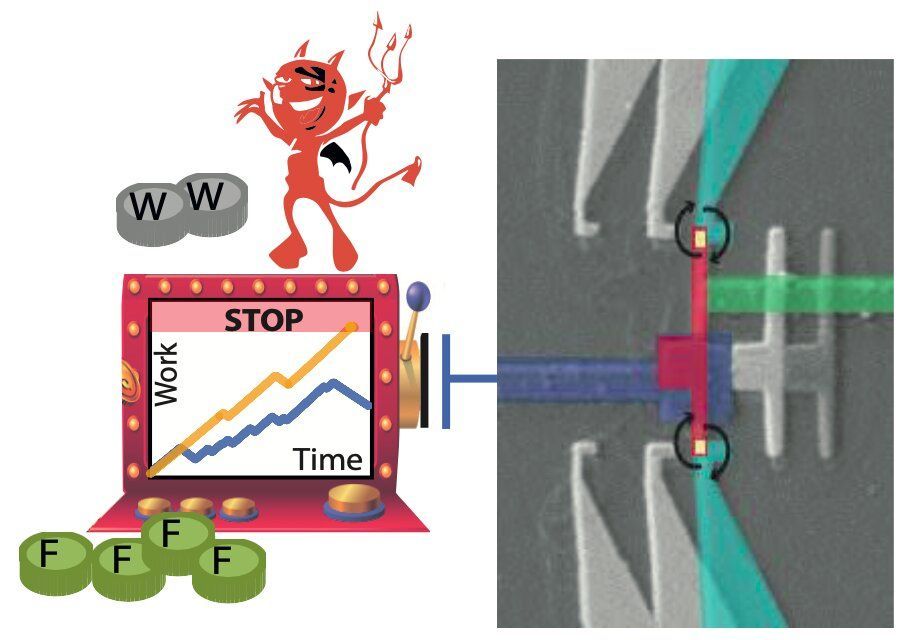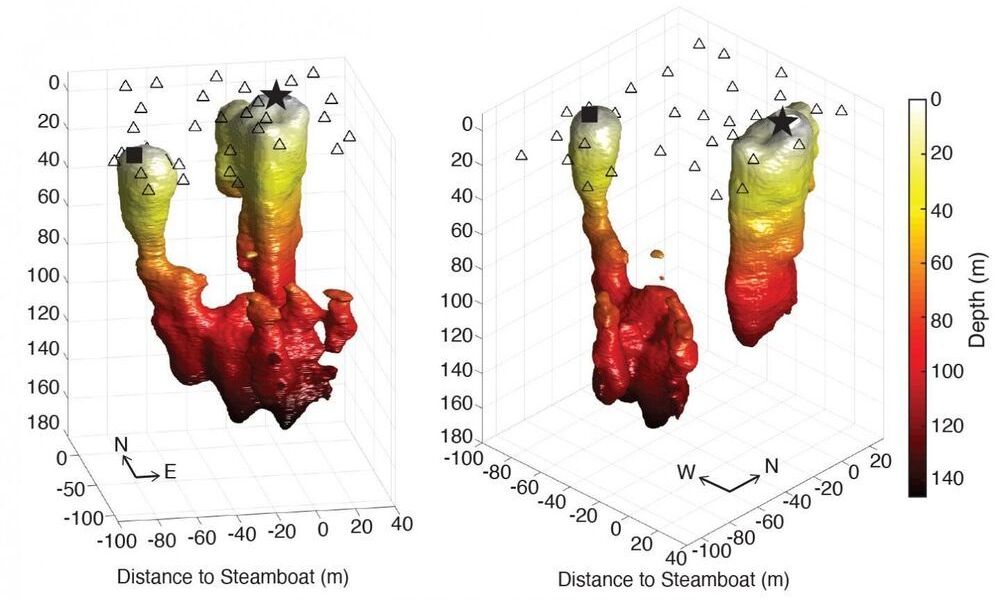Researchers at Duke University have revealed long-hidden molecular dynamics that provide desirable properties for solar energy and heat energy applications to an exciting class of materials called halide perovskites.
A key contributor to how these materials create and transport electricity literally hinges on the way their atomic lattice twists and turns in a hinge-like fashion. The results will help materials scientists in their quest to tailor the chemical recipes of these materials for a wide range of applications in an environmentally friendly way.
The results appear online March 15 in the journal Nature Materials.





